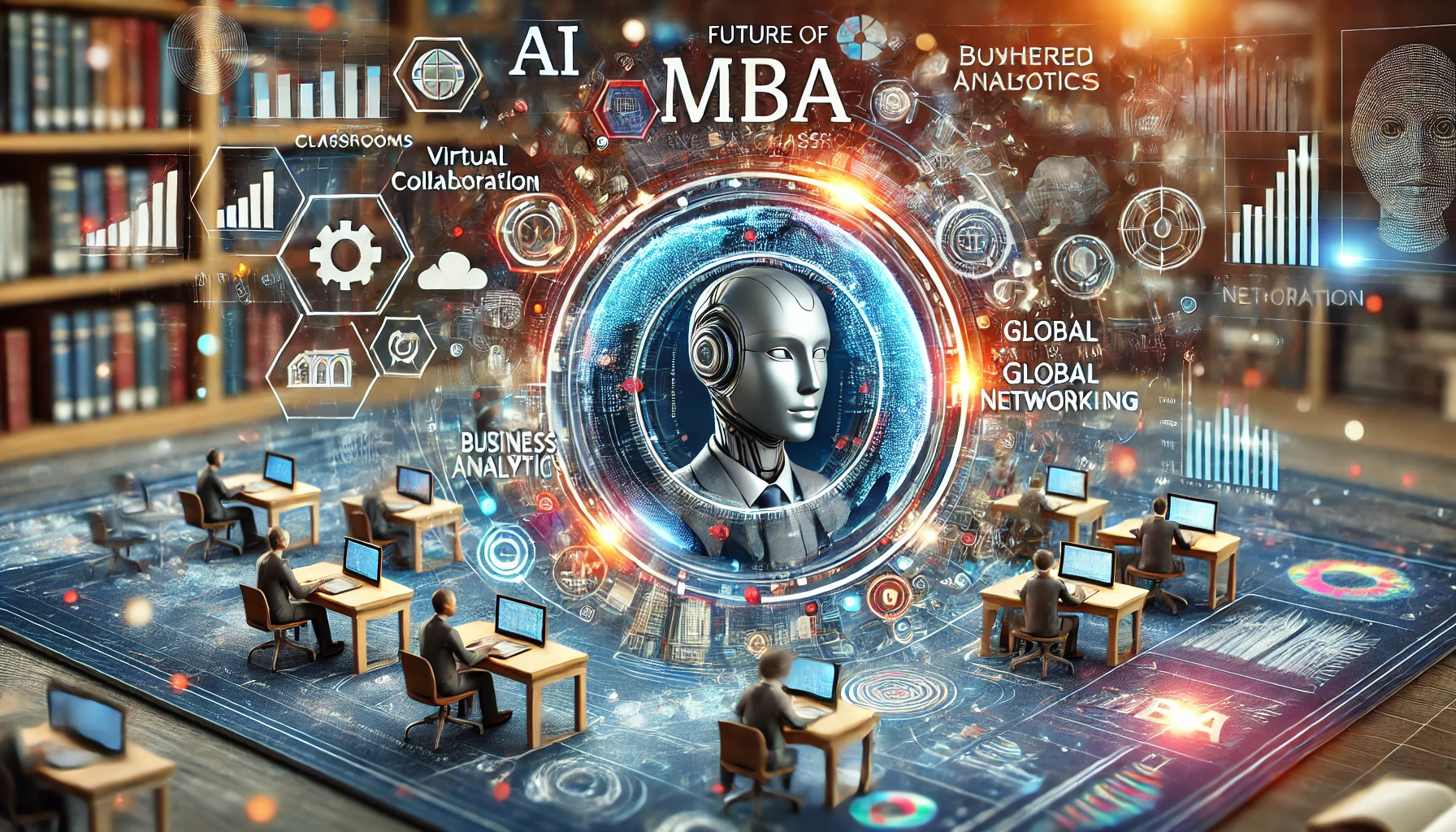Address
Fun Rush, [Erode], India
Work Hours
Monday to Friday: 7AM - 7PM


My name is [Your Name], and my career before pursuing an MBA was rooted in [your industry or experience]. Working in a rapidly evolving business environment, I realized that to stay ahead, I needed a deeper understanding of global markets, leadership strategies, and digital transformation. That’s what led me to pursue an MBA—an opportunity to refine my skills, expand my network, and gain insights that would prepare me for the future of business.
As I progress through my MBA, one thing has become clear: the landscape of business education is changing dramatically. The traditional MBA is evolving to keep pace with technological advancements, shifting corporate expectations, and new ways of working. But what does the future hold for the MBA? Let’s explore.
Business schools have traditionally focused on producing well-rounded generalists—leaders equipped to navigate diverse industries. While this remains valuable, we are witnessing a shift toward specialized MBA programs tailored to emerging business needs. Programs focusing on artificial intelligence, sustainability, digital transformation, and entrepreneurship are gaining traction, allowing students to develop expertise in cutting-edge fields.
Moreover, executive and part-time MBA programs are expanding, catering to professionals who want to upskill without stepping away from their careers. Schools like Harvard, Wharton, and INSEAD are offering more flexible learning options, including hybrid and online MBA formats.
Technology is fundamentally changing how we learn. From AI-driven case studies to virtual reality (VR) simulations, business education is becoming more interactive and personalized. Professors now integrate data analytics, blockchain, and automation into their curricula, reflecting the growing importance of these technologies in business strategy.
Additionally, platforms like Coursera, edX, and LinkedIn Learning are challenging the traditional MBA model by offering modular, skill-based courses. The rise of micro-credentials means that future MBA students might opt for stackable certificates rather than committing to a two-year program.
Future business leaders are expected to go beyond profit-making; they must be agents of positive change. Sustainability, ethics, and social impact have become central to MBA discussions. Programs now emphasize ESG (Environmental, Social, and Governance) factors, preparing students to lead responsibly in an era where consumers and investors demand corporate accountability.
Business schools like Stanford GSB and Oxford’s Saïd Business School have introduced leadership courses that focus on long-term societal impact, ensuring that MBAs are equipped to drive meaningful change.
One of the irreplaceable aspects of an MBA is the global network it provides. While online learning is rising, the in-person connections made during an MBA remain invaluable. Conferences, student clubs, and exchange programs create lifelong relationships that open doors to career opportunities across the world.
Recently, I attended a conference on the Future of Business at [Business School Name], where industry leaders discussed how globalization, AI, and shifting economic policies are reshaping corporate strategies. Events like these reinforce why an MBA remains a powerful tool for career acceleration.
The future of the MBA is one of adaptation and innovation. We are moving toward a more personalized, flexible, and impact-driven model of business education. Whether through AI-powered learning platforms, sustainability-focused curricula, or global networking opportunities, the MBA is evolving to meet the demands of tomorrow’s business leaders.
For those considering an MBA, my advice is simple: focus on how programs align with your long-term goals. The degree is no longer just about prestige; it’s about finding the right fit that prepares you for the ever-changing world of business.
What do you think? Is the MBA still worth it in the future? Share your thoughts! 🚀